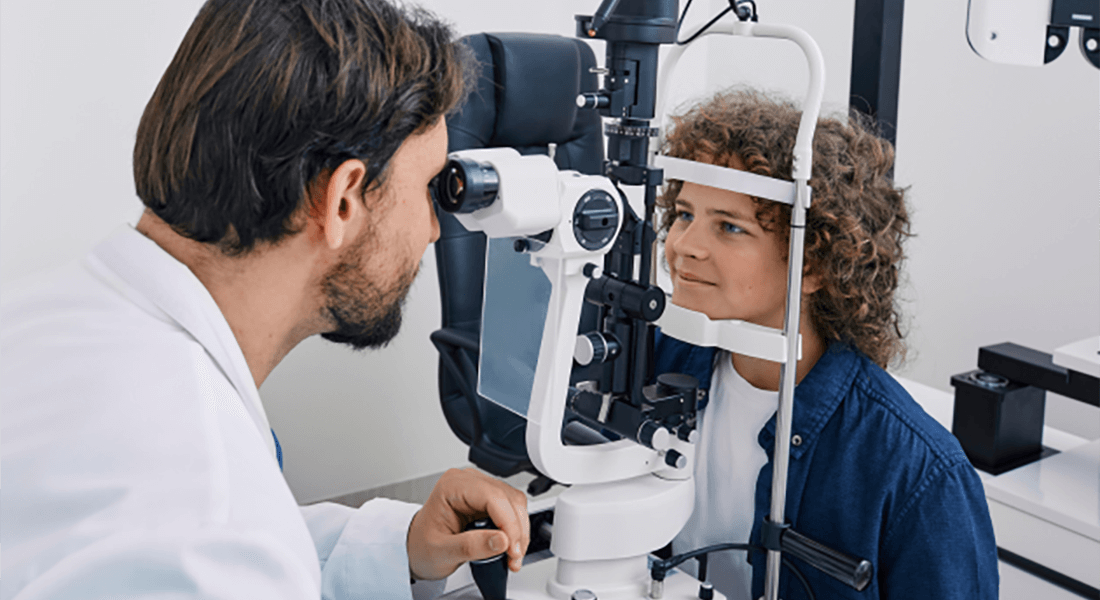Impaired vision and quality of life – how are they related?
Professor Miriam Kolko, Department of Drug Design and Pharmacology, and Postdoc Catharina Thiel Sandholdt, Department of Public Health, have recently received grants from VELUX FOUNDATION within the area ”transitions and changes during the adult life”.

Supporting five new interdisciplinary collaboration projects, with two from SUND, VELUX FOUNDATION will focus on impaired vision and how 50+ adults with sensory impairment can maintain their quality of life and a dignified and active life where they are included in communities and society.
Read more about the two projects below:
Professor Miriam Kolko, Department of Drug Design and Pharmacology, Project FOREVER: Application of Deep Learning models for a more precise practical detection of glaucoma.
The aim of this project is to enhance deep learning models for early and accurate glaucoma detection using the FOREVER dataset, comprising clinical data from Synoptik's 100 optician stores.
This homogeneous, population-representative dataset is ideal for developing multimodal deep learning models. The goal is to ensure transparent and explainable model decisions. Additionally, the FOREVER dataset allows exploration of self-reported data as a cost-effective labeling strategy for training of deep learning models.
We aim to pave the way for multimodal models that reduce under- and overdiagnosis, increase trust in the use of artificial intelligence, and optimize healthcare resource utilization.
2.998.708 DKK
Postdoc Catharina Thiel Sandholdt, Department of Public Health, Detection of loss of eyesight in nursing home residents (OPAL).
Moving to a nursing home is a significant life transition. Impaired vision can hinder required adjustments, which can increase insecurity and reduce quality of life. This project aims to develop and test a model for systematically detecting vision impairments in nursing home residents.
The project is embedded in existing workflows of municipal health professionals and general practitioners. The project thus aims to enhance primary healthcare services through a sustainable approach.
Properly corrected vision is expected to reduce falls, improve daily navigation, and enhance residents' quality of life while mitigating dementia-related behavioral issues.
2.696.685 DKK
Contact
Professor Miriam Kolko, Department of Drug Design and Pharmacology
miriamk@sund.ku.dk
Postdoc Catharina Thiel Sandholdt, Department of Public Health
catharina.thiel@sund.ku.dk
Article by:
Communications Consultant Lisbeth Lassen
